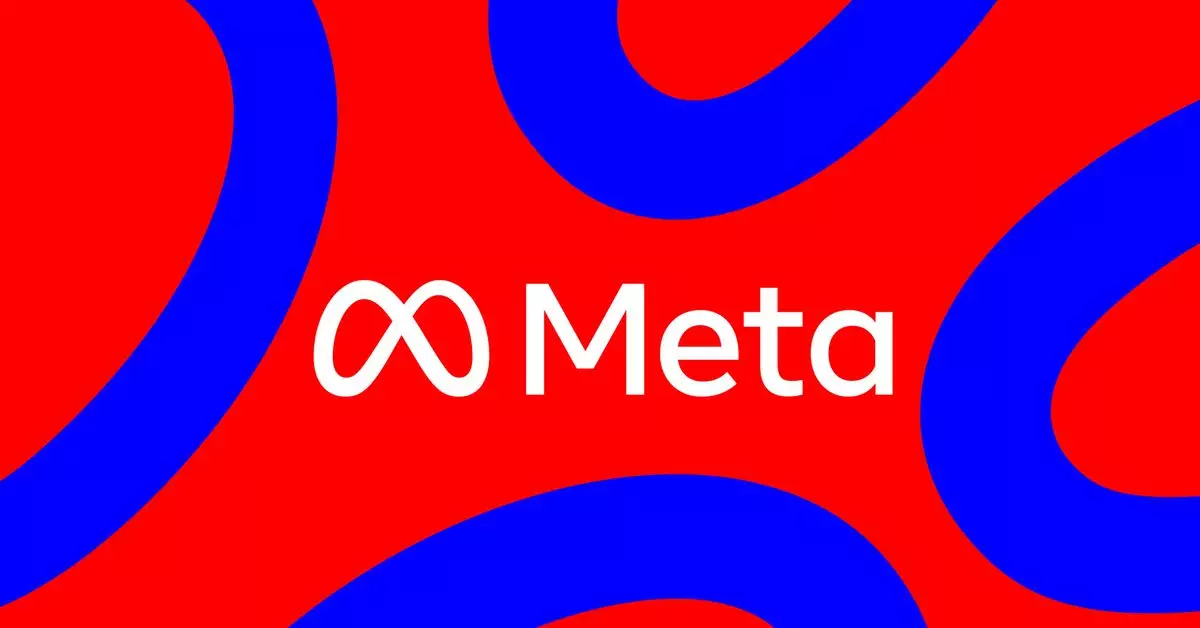According to the Oversight Board, Meta’s manipulated media policy is “incoherent” and fails to focus on the potential harm caused by manipulated videos. The board argued that the policy places too much emphasis on whether a video was altered using artificial intelligence (AI) rather than considering the harm it could cause. This critique raises concerns about Meta’s approach to addressing manipulated media on its platform.
The board’s criticism comes in the wake of a specific case involving an altered video of President Joe Biden. The video shows Biden placing an “I Voted” sticker on his adult granddaughter’s chest, as instructed by her. However, the edited video loops the moment his hand reaches her chest, making it appear as though he inappropriately touched her. In a version of the video posted in May, the caption even goes so far as to label Biden as a “sick pedophile.” Despite these clear manipulations, the Oversight Board agreed with Meta that the video did not violate its manipulated media policy.
The board’s decision highlights the limitations of Meta’s manipulated media policy. Currently, the policy only applies to videos created with AI and focuses primarily on cases where it seems like someone said something they didn’t say. The policy does not adequately address misleading looping or simple edits, which means that altered videos like the one featuring Biden may not be deemed in violation of Meta’s rules.
Acknowledging the upcoming elections in 2024, the Oversight Board emphasized the need for significant changes to Meta’s manipulated media policy. The board found the policy to lack persuasive justification and be confusing for users. It also failed to clearly specify the harms it aims to prevent. In response to these concerns, the board recommended that the policy cover cases where video or audio is edited to make it appear that someone did something they didn’t do, even if it does not involve altering their words. Furthermore, the board criticized the logic of making decisions based solely on how a post was edited, whether through AI or other editing tricks.
While the Oversight Board called for a reconsideration of Meta’s manipulated media policy, it did not suggest that all altered posts should be taken down. Instead, the board proposed less restrictive measures, such as applying labels to inform users that a video has been significantly edited. This approach would provide transparency and allow users to make informed judgments about the content they encounter.
The Oversight Board was established by Meta to review content moderation decisions and offer binding judgments. Additionally, the board has the authority to provide policy recommendations that Meta can choose to implement. It serves as a crucial check on Meta’s content moderation practices, ensuring transparency, fairness, and accountability.
A spokesperson for Meta stated that the company is currently reviewing the recommendations put forth by the Oversight Board. The company is obligated to respond publicly within 60 days, as outlined in the board’s bylaws. The response from Meta will shed light on whether the company plans to make significant changes to its manipulated media policy based on the board’s critique.
The Oversight Board’s criticism of Meta’s manipulated media policy raises important questions about the company’s approach to addressing misleading content on its platform. The board’s recommendation for changes to the policy reflects a need for clearer guidelines, a broader scope of coverage, and increased emphasis on the potential harm caused by manipulated videos. It remains to be seen how Meta will respond to these criticisms and whether significant changes will be made to its manipulated media policy.


Leave a Reply